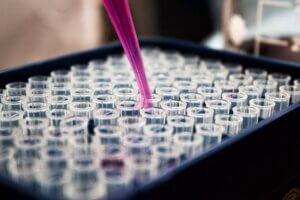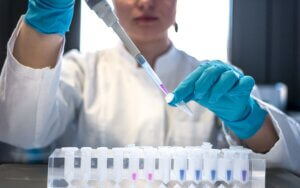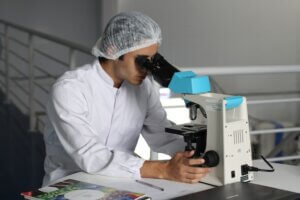Understanding the Process of Meth Testing Services
Understanding the Process of Meth Testing Services
Summary
The article provides a comprehensive guide on meth testing services, emphasising its importance for both legal and health reasons. It outlines the three main types of tests—initial screening, lab composite, and detailed forensic—and the testing process from preliminary inspection to lab analysis and report compilation. Legal implications, costs, and what to do in case of positive results are also covered.
Methamphetamine, commonly known as meth, poses severe health risks when present in residential or commercial properties. Meth testing services are a crucial step in identifying its presence and taking appropriate remediation measures. This comprehensive guide aims to unravel the intricate process of meth testing services, discussing the steps in detail to give you an insider’s perspective.
Why Meth Testing Is Imperative
Not merely a legal requirement, meth testing services are essential for safeguarding public health. Meth particles can linger on surfaces and in the air, posing potential health hazards such as respiratory issues, skin irritation, and even cognitive impairments. Property owners, therefore, have a moral and legal obligation to ensure their spaces are free from meth contamination.
Types of Meth Testing Services
There are generally three types of meth tests:
Initial Screening Test: A quick, non-invasive test involving swabs to detect meth residue.
Lab Composite Test: A more in-depth analysis conducted in a laboratory setting, often used to validate initial tests.
Detailed Forensic Test: The most exhaustive, often involving multiple samples and analytical methods to quantify the level of contamination.
The Testing Process
Step 1: Preliminary Inspection
Prior to any testing, a comprehensive visual inspection of the property is conducted to identify potential high-risk areas.
Step 2: Sample Collection
Depending on the type of test selected, samples may be collected using swabs, vacuum tests, or wipes.
Step 3: Lab Analysis
Samples are sent to an accredited laboratory where advanced methods like Gas Chromatography-Mass Spectrometry (GC-MS) are employed to analyse the samples.
Step 4: Report Compilation
A detailed report outlining the level of contamination, its distribution, and recommendations for remediation is generated.
Interpreting the Results
Results are usually measured in micrograms per 100 square centimetres (µg/100cm²). The recommended safe limit for meth contamination varies between jurisdictions but is commonly set at 0.5 µg/100cm².
Remediation Process
Should your property test positive, a specialised meth decontamination team should be called in to manage the remediation process, which usually involves a combination of chemical treatments and surface replacements.
Legal and Insurance Aspects
Failing to perform adequate meth testing and decontamination can lead to severe legal repercussions, including potential lawsuits. Property insurance may also be impacted.
Costs Involved
While initial tests can cost as low as $100, comprehensive services may run upwards of $2000, depending on the level of contamination and the remediation process required.
Meth testing services are a non-negotiable aspect of property management in today’s world. While the initial cost might seem steep, the long-term health and legal benefits far outweigh the upfront expense. By understanding the intricate steps involved in the testing process, property owners can make informed decisions that safeguard both their investment and the health of their occupants.
FAQs
How Long Does Meth Testing Take?
The duration for meth testing can vary depending on the type of test and the size of the property. An initial screening test can take as little as 30 minutes to complete. However, if you opt for more comprehensive lab-based tests, you should allow for a few days to a week for samples to be analysed and results to be returned.
Is Meth Testing Legally Required for Property Owners?
The legal requirements for meth testing vary by jurisdiction. In some areas, meth testing is mandatory before a property sale or rental, especially if there is reason to believe the property may have been used for producing or consuming methamphetamine. Failing to comply with these requirements could result in legal repercussions, including potential lawsuits and financial penalties. It’s always best to consult local regulations or legal advisors for specific information.
What Happens if My Property Tests Positive for Meth?
If your property tests positive for meth, immediate action is needed. You’ll need to consult with a certified meth decontamination team to determine the extent of contamination and the remediation steps required. This often involves specialised chemical treatments and in severe cases, removal, and replacement of contaminated materials like drywall and carpeting. Occupants will also need to vacate the premises during the decontamination process.
Why Choose AllAces?
AllAces Cleaning & Restoration have accrued extensive experience working alongside domestic, commercial, and government clients to remediate and restore meth-affected homes. We are at the forefront of industry-leading equipment and techniques, positioning us perfectly to assist you in your time of need.
Offering both remediation and meth testing services, our value is two-fold including meth clean-up and decontamination services and meth testing, investigation, and clearance certification.



